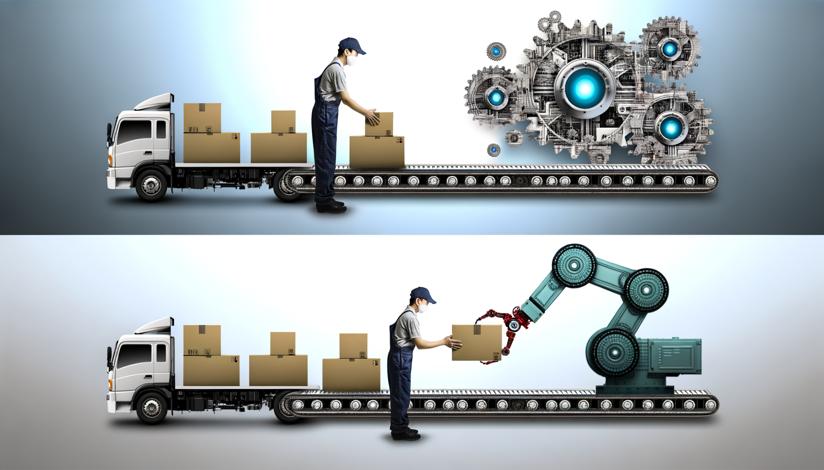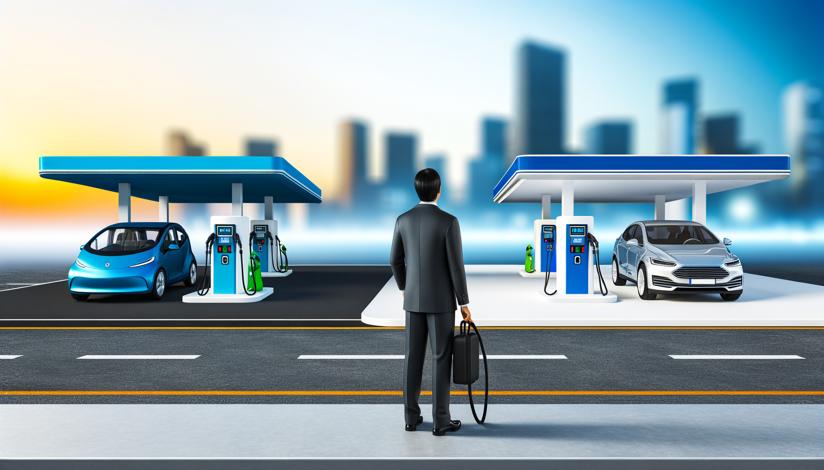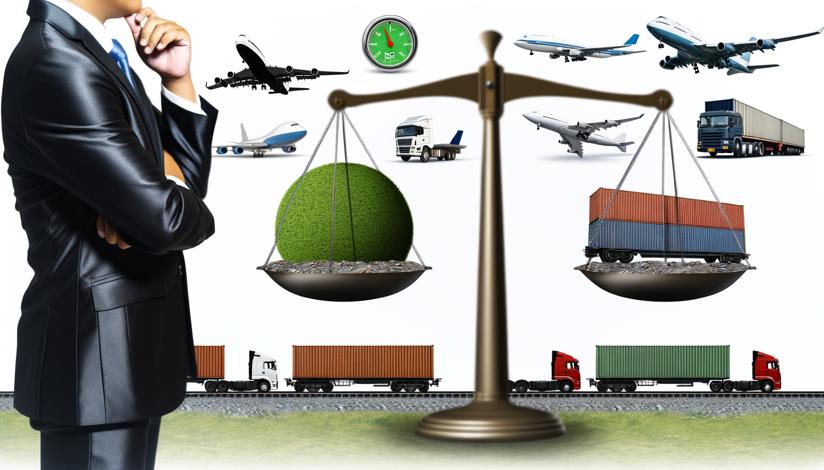

Trucking companies have long been the backbone of transportation and logistics. They provide the physical transportation of goods from one location to another. Traditional logistics models rely heavily on trucking companies to deliver the goods to customers or distribution centers. While trucking companies offer reliable delivery services, they can be limited by factors such as traffic, weather conditions, and driver availability. This can lead to delays and inefficiencies in the supply chain.
On the other hand, e-commerce fulfillment services provide a digital approach to transportation and logistics. These services typically include warehousing, inventory management, order fulfillment, and delivery. E-commerce fulfillment services leverage technology and automation to streamline the supply chain process. With digital logistics models, businesses can track shipments in real-time, manage inventory more efficiently, and provide better visibility to customers. This can result in faster order fulfillment, reduced costs, and improved customer satisfaction.
When comparing the traditional and digital approaches to transportation and logistics, there are several factors to consider. Traditional logistics models may be more suitable for businesses that operate in a specific region or have established relationships with local trucking companies. On the other hand, e-commerce fulfillment services can benefit businesses that operate on a larger scale and require nationwide or global distribution. Digital logistics models can also offer more flexibility and scalability, allowing businesses to adapt to changing market demands.
In terms of cost, traditional logistics models may require businesses to invest in their own fleet of trucks or rely on third-party trucking companies, which can be expensive. E-commerce fulfillment services, on the other hand, often operate on a pay-per-use basis, allowing businesses to scale their operations based on demand. This can result in cost savings for businesses, especially those that experience seasonal fluctuations in demand.
In conclusion, both traditional and digital approaches to transportation and logistics have their advantages and disadvantages. Traditional logistics models offer reliable delivery services, but can be limited by factors such as traffic and driver availability. E-commerce fulfillment services provide a digital approach to transportation and logistics, offering real-time tracking, efficient inventory management, and improved customer satisfaction. The choice between traditional and digital approaches ultimately depends on the specific needs and scale of the business.

Real-time tracking
Efficient inventory management
Improved customer satisfaction

Limited by traffic and driver availability
Costly investment in truck fleet
Less flexibility




















-
https://www.example.com/article1
-
https://www.example.com/article2

































